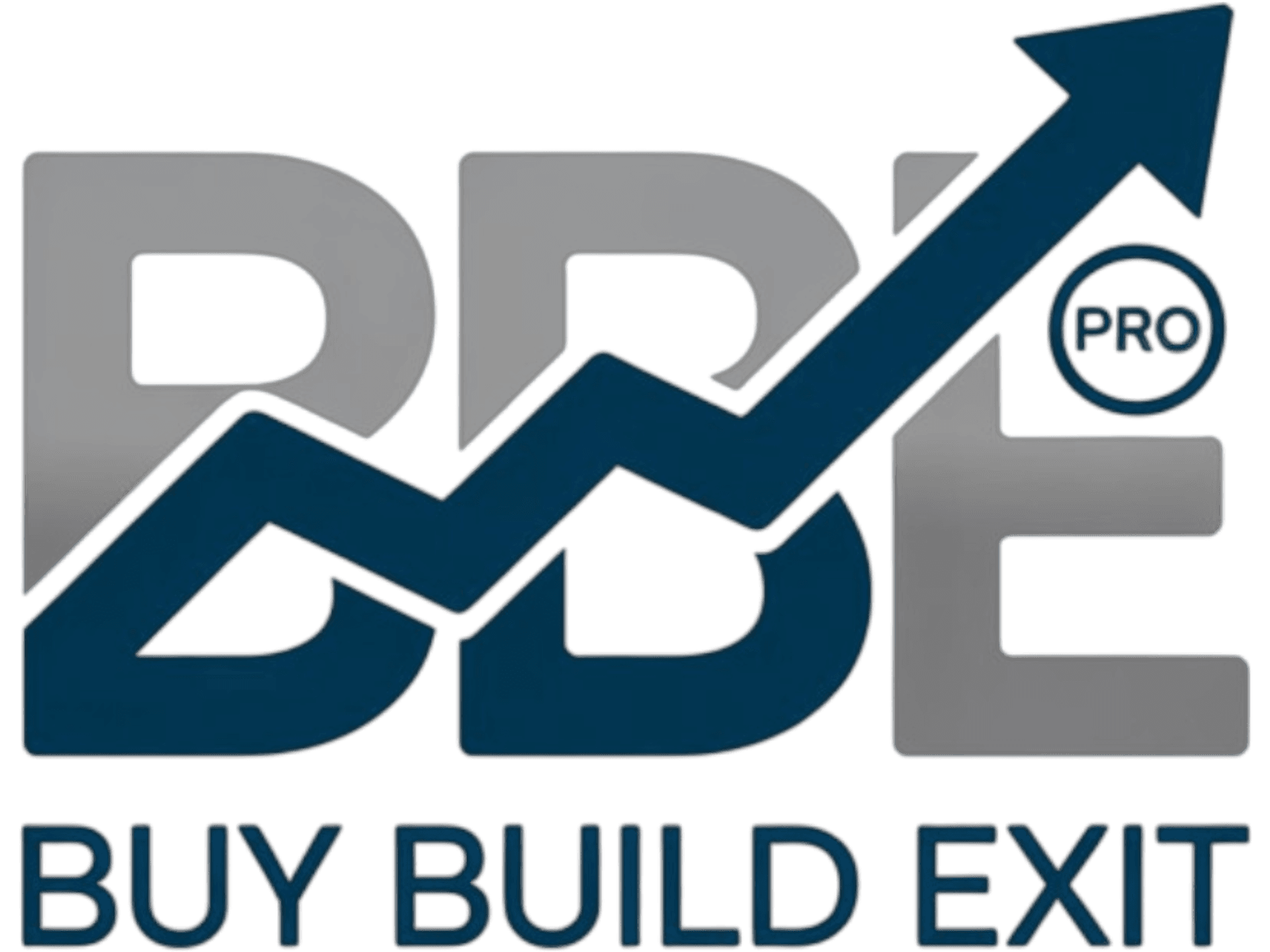Understanding Business Valuations and Due Diligence: Key Steps for Success
AP
Introduction to Business Valuations
Understanding business valuations is crucial for entrepreneurs, investors, and stakeholders when buying or selling a business. A business valuation provides an estimate of the economic value of an owner's interest in a business. This process is essential to determine the fair market value, which can influence investment decisions and strategic planning.
Several methods can be used to evaluate a business, including asset-based approaches, earning value approaches, and market value approaches. Each method has its advantages and is chosen based on the specific characteristics and needs of the business.

Why Due Diligence is Essential
Due diligence is a critical step in the acquisition process. It involves a comprehensive appraisal of a business by the prospective buyer, particularly to establish its assets and liabilities as well as evaluate its commercial potential. This step helps in identifying any potential risks and ensuring the buyer makes an informed decision.
The due diligence process typically covers various aspects such as financial performance, legal matters, intellectual property, and environmental issues, among others. By conducting thorough due diligence, stakeholders can safeguard their investments and minimize potential risks.
Key Steps in Due Diligence
Conducting successful due diligence involves several key steps:
- Financial Review: Scrutinize financial statements, tax returns, and cash flow statements to assess the company's financial health.
- Legal Examination: Review contracts, agreements, and any ongoing litigation to uncover any legal liabilities.
- Operational Assessment: Evaluate the operational processes to understand efficiency and productivity levels.
- Market Analysis: Analyze market conditions and competition to gauge the company's position within its industry.

Methods of Business Valuation
The choice of valuation method can significantly affect the outcome. Here are three commonly used methods:
Asset-Based Approach
This approach looks at the company's total assets minus its total liabilities. It is often used for businesses with substantial tangible assets. This method is straightforward but might not reflect the business's earning potential.
Earning Value Approach
This method is based on the idea that a business's true value lies in its ability to produce wealth in the future. It focuses on past earnings to predict future profitability, making it suitable for companies with consistent revenue streams.

Market Value Approach
The market value approach compares the business to similar businesses that have been sold recently. This method requires access to detailed market data but can provide a realistic estimate of what buyers are willing to pay.
Conclusion: Achieving Success
The combination of accurate business valuations and thorough due diligence forms the backbone of any successful business transaction. By understanding these processes, businesses can position themselves strategically in the marketplace, ensuring fair deals and sustainable growth.
For anyone involved in buying or selling a business, mastering these key steps is essential for success. With careful planning and execution, stakeholders can navigate the complexities of valuations and due diligence with confidence.

